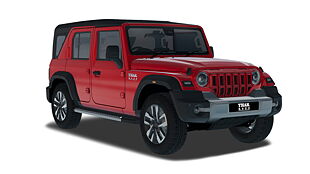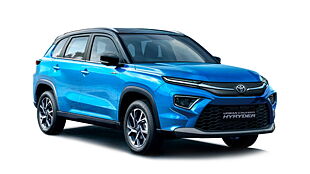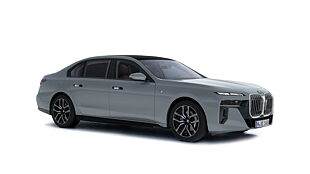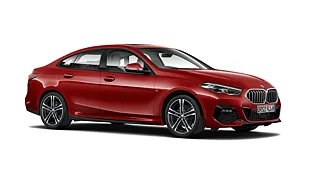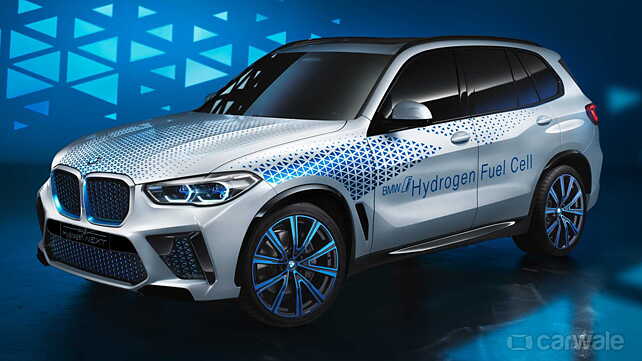
- BMW is co-developing the hydrogen fuel cell technology with Toyota
- Will be sold under 'i Hydrogen Next' sub-brand
BMW has revealed the first official details about its new hydrogen fuel cell powertrain. Developed in co-operation with Toyota, the fuel cell technology will form a new sub-brand called the ‘i Hydrogen Next’. The first car under this new sub-brand will be the X5 and is slated to roll out in 2022.

The fuel cell powertrain in question is claimed to have a total system output of around 369bhp. The fuel cell system alone will generate 125kW of electricity to power the motor by the chemical reaction between hydrogen and oxygen in ambient air. The only byproduct of this reaction would be water vapour. An electric converter located underneath the fuel cell will adapt the voltage of both the electric powertrain and the peak power battery. And the vehicle will accommodate two 700 bar tanks containing six kilograms of hydrogen which will be capable of refuelling in just three to four minutes. The fifth-generation eDrive unit slated to debut in the iX3 soon will be integrated into the i Hydrogen Next vehicles as well. This system will also have a peak power battery positioned above the electric motor to inject an extra dose of power when overtaking or accelerating.

The BMW Group has been working with the Toyota Motor Corporation on fuel cell technology since 2013. Both the carmakers are also founding members of the Hydrogen Council which has seen the number of companies increased to 80 since 2017.
Apart from Toyota, the Bavarian carmaker is also participating in the research project BRYSON (a German acronym for ‘space-efficient hydrogen storage tanks with optimised usability’). This alliance between BMW AG and various technical universities in Germany seeks to develop high-pressure hydrogen storage tanks with flat design for fuel cell vehicles. The success of this project will also help to lower the cost of manufacturing hydrogen tanks for fuel cell vehicles, enabling the fuel cell vehicles to compete with pure electric vehicles.
After the pilot program with the X5 fuel cell in 2022, the carmaker plans to bring this technology to large scale production by the second half of this decade.

![BMW X5 [2019-2023] Image BMW X5 [2019-2023] Image](https://imgd.aeplcdn.com/272x153/cw/ec/37065/BMW-X5-Right-Front-Three-Quarter-157119.jpg?wm=0&q=80)
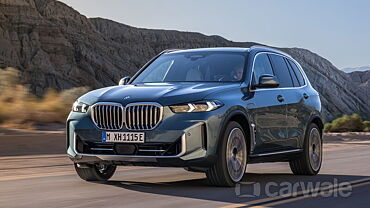

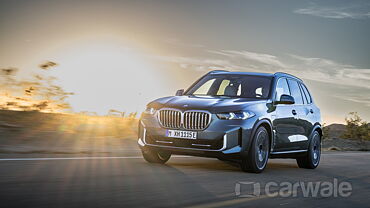
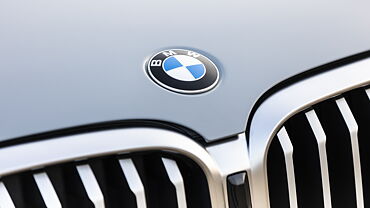
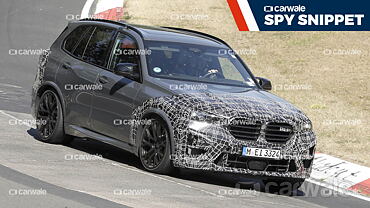
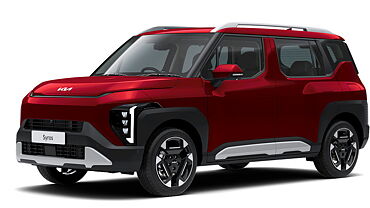
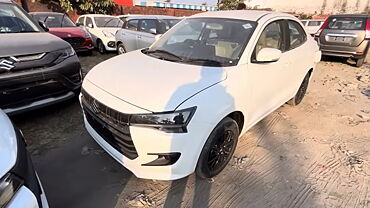




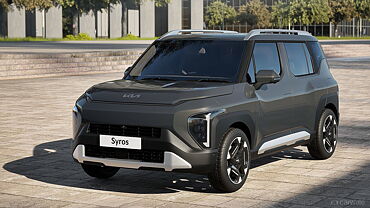

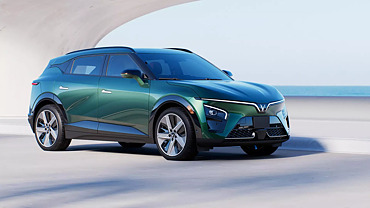
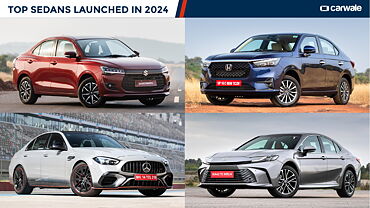
![BMW X5 [2019-2023] Right Front Three Quarter BMW X5 [2019-2023] Right Front Three Quarter](https://imgd.aeplcdn.com/199x112/cw/ec/37065/BMW-X5-Right-Front-Three-Quarter-157119.jpg?wm=0&q=80)
![BMW X5 [2019-2023] Right Front Three Quarter BMW X5 [2019-2023] Right Front Three Quarter](https://imgd.aeplcdn.com/199x112/cw/ec/37065/BMW-X5-Right-Front-Three-Quarter-157118.jpg?wm=0&q=80)
![BMW X5 [2019-2023] Exterior BMW X5 [2019-2023] Exterior](https://imgd.aeplcdn.com/199x112/cw/ec/37065/BMW-New-X5-Exterior-140774.jpg?wm=0&q=80)
![BMW X5 [2019-2023] Interior BMW X5 [2019-2023] Interior](https://imgd.aeplcdn.com/199x112/cw/ec/37065/BMW-X5-Interior-171216.jpg?wm=0&q=80)
![BMW X5 [2019-2023] Interior BMW X5 [2019-2023] Interior](https://imgd.aeplcdn.com/468x263/cw/ec/37065/BMW-X5-Interior-171217.jpg?wm=0&q=80)






